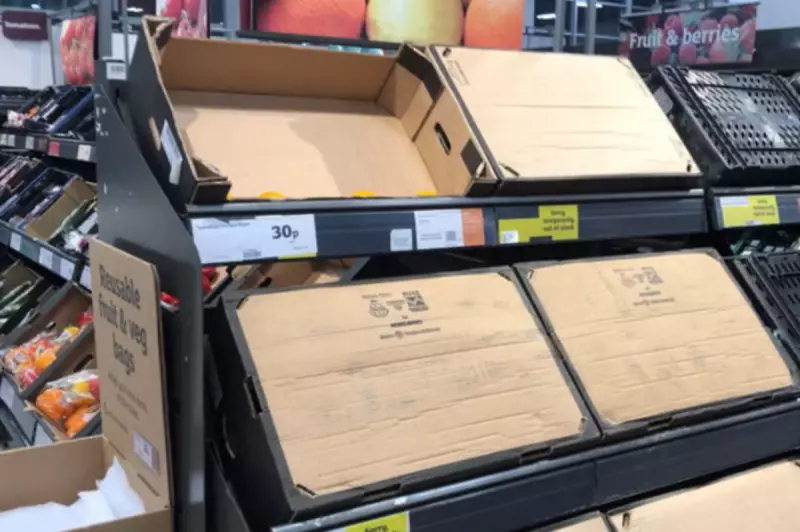
Britain's farming landscape is undergoing a dramatic transformation as climate change reshapes the very foundation of our food production. What was once considered exceptional weather has become the new normal, leaving farmers battling unprecedented challenges that threaten the nation's food security.
The New Agricultural Reality
Across the British countryside, farmers are reporting radical shifts in growing conditions that defy generations of farming knowledge. "We're seeing weather patterns that simply didn't exist when I took over the farm from my father," explains John Davies, a third-generation farmer from Lincolnshire. "The rulebook we've relied on for decades is being rewritten before our eyes."
Extreme Weather's Toll on Harvests
The impacts are both immediate and devastating. Last year's unusually wet autumn left many fields submerged, preventing crucial planting of winter crops. This was followed by an unexpectedly dry spring that stressed emerging plants, creating a perfect storm of agricultural disruption.
- Winter wheat plantings down by 15% in key growing regions
- Potato yields suffering from both waterlogging and drought stress
- Fruit crops devastated by unseasonal frosts after early blossoming
- Livestock farmers struggling with feed shortages and heat stress
Adapting to Survive
Forward-thinking farmers are implementing innovative strategies to cope with the changing climate. Many are diversifying crops, investing in irrigation systems, and adopting soil conservation practices that improve water retention during dry periods.
"We're having to think completely differently about water management," says Sarah Wilkinson, an agricultural consultant working with farms across East Anglia. "Farmers who traditionally worried about drainage are now installing reservoirs to capture winter rainfall for summer use."
The Economic Impact
The financial consequences are rippling through the agricultural sector. Crop insurance claims have skyrocketed, while input costs for fertilisers and pest control have increased as farmers battle new climate-related challenges.
- Production costs rising by an average of 8% annually
- Insurance premiums increasing by 25% for climate-vulnerable crops
- Market volatility affecting long-term planning and investment
Future Food Security at Risk
Experts warn that without significant adaptation and government support, Britain's ability to feed itself could be compromised. The Climate Change Committee has highlighted agriculture as one of the sectors most vulnerable to climate impacts, calling for urgent action.
"We're at a critical juncture for British farming," states Professor Emma Richardson of the Royal Agricultural University. "The choices we make now about supporting our farmers through this transition will determine our food security for generations to come."
As weather patterns continue to shift, the resilience of UK agriculture is being tested like never before. The question remains whether traditional farming practices can evolve quickly enough to meet the challenges of our changing climate.





